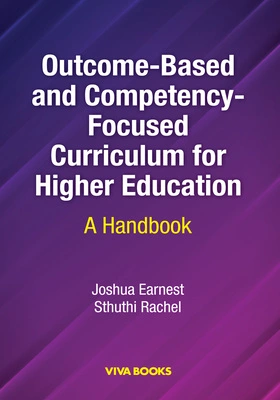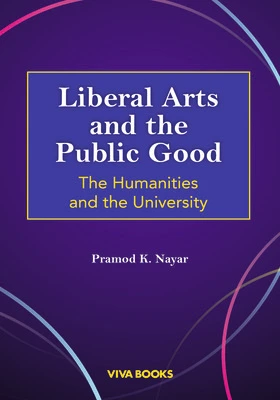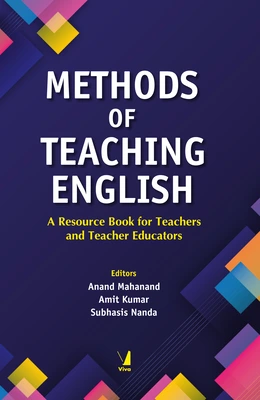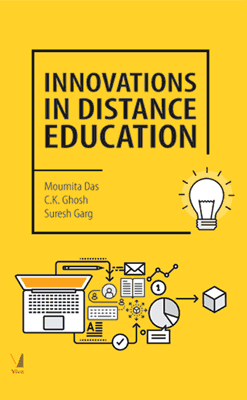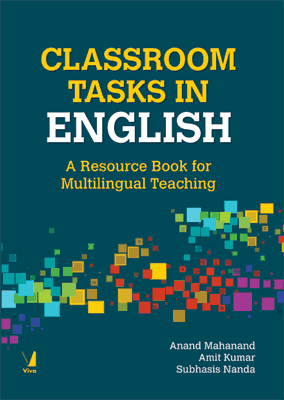Problem-Based Learning in the Life Science
Problem-Based Learning in the Life Science
₹895.50 ₹995.00 Save: ₹99.50 (10%)
Go to cart-
Out of Stock
ISBN: 9789387925373
Bind: Paperback
Year: 2019
Pages: 272
Size: 8 x 11 Inch
Publisher: National Science Teachers Association
Published in India by: Viva Books
Exclusive Distributors: Viva Books
Sales Territory: India, Nepal, Pakistan, Bangladesh, Sri Lanka
Problem-Based Learning in the Lifescience offers a great new way to ignite your creativity.
Authors Tom J. McConnell, Joyce Parker, and Janet Eberhardt show you how to engage students with scenarios that represent real-world science in all its messy, thought-provoking glory. The scenarios prompt learners to immerse themselves in analyzing problems, asking questions, posing hypotheses, finding needed information, and then constructing a proposed solution.
In addition to complete lesson plans supporting the Next Generation Science Standards, the book offers extensive examples, instructions, and tips. The lessons cover four categories: life cycles, ecology, genetics, and cellular metabolism.
But Problem-Based Learning in the Life Science doesn't just explain why, how, and when to implement problem-based learning (PBL). It also provides you with what many think is the trickiest part of the approach: rich, authentic problems. The authors facilitated the National Science Foundation-funded PBL Project forTeachers and used the problems in their own science teaching, so you can be confident that the problems and the approach are teacher
Target Audience:
This book is specifically written for Life Sciences Teachers.
Contents:
Preface
Catalog of Problems
Acknowledgments
About the Authors
Chapter 1: Describing the Problem-Based Learning Process
Chapter 2: Alignment With Standards
Chapter 3: Facilitating Problem-Based Learning
Chapter 4: Using Problems in K- Classrooms
Chapter 5: Elementary Life Cycles Problems
Chapter 6: Ecology Problems
Chapter 7: Genetics Problems
Chapter 8: Cellular Metabolism Problems
Chapter 9: Modifying and Designing Your Own Problems
Image Credits
Index
About the Authors:
Tom J. McConnell is an associate professor of science education in the Department of Biology at Ball State University, Muncie, Indiana. He teaches science teaching methods courses for elementary and secondary education majors and graduate students, as well as a biology content course for elementary teachers. His research focuses on the influence of professional development on teacher learning and student achievement, and it focuses on curriculum development for teacher education programs. He is also an active member of the Hoosier Association of Science Teachers and the National Association of Research in Science Teaching.
Joyce Parker is an assistant professor in the Department of Geological Sciences at Michigan State University. She teaches a capstone course for prospective secondary science teachers. Her research focuses on student understanding of environmental issues. She is an active member of the National Association of Research Science Teaching and the Michigan Science Teachers Association.
Janet Eberhardt is an emeritus teacher educator and former assistant director of the Division of Science and Mathematics Education at Michigan State University. She has served as a consultant with the Great Lakes Stewardship Initiative and the Michigan Virtual University. Her work has focused on designing effective and meaningful teacher professional development in the areas of science and mathematics.

